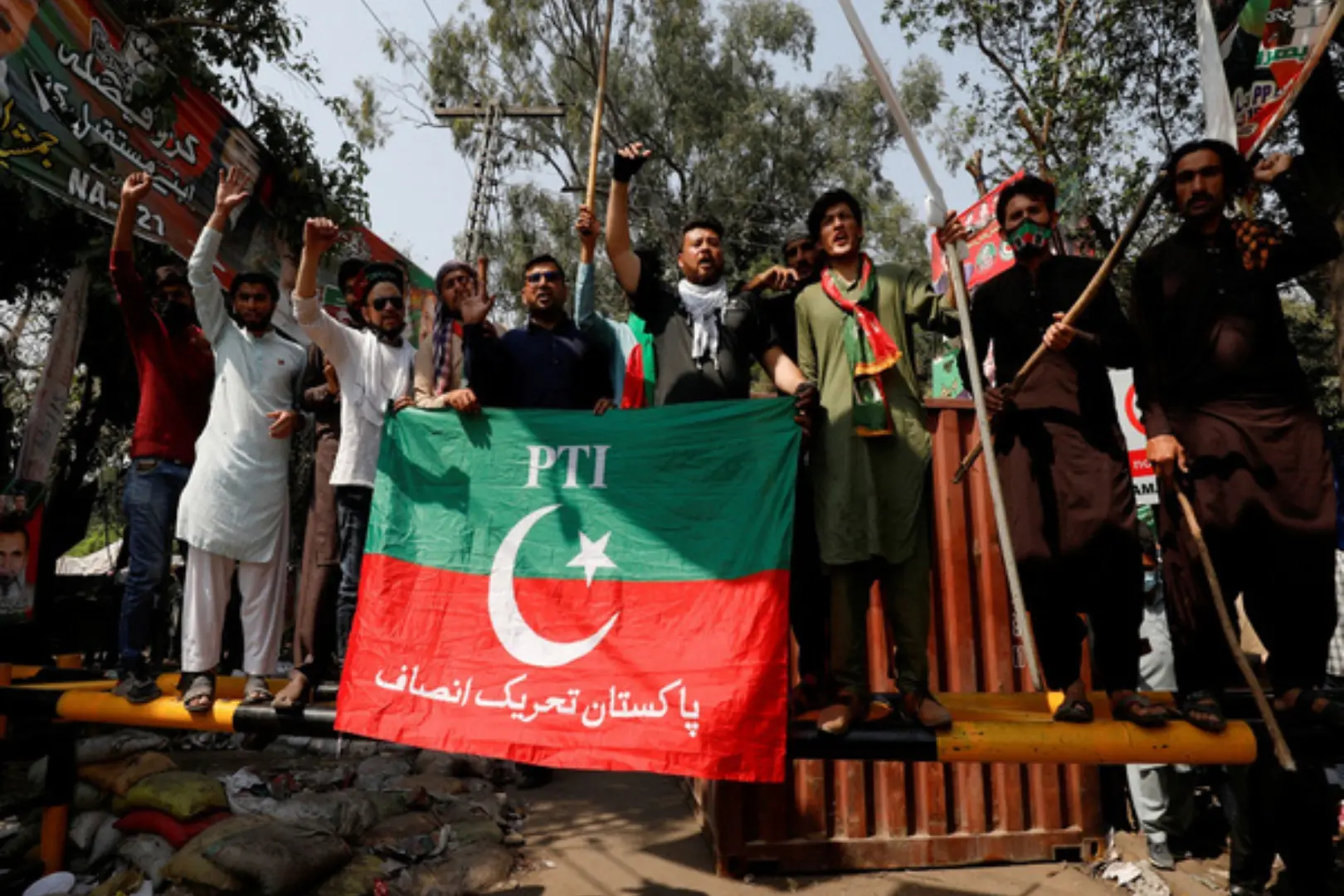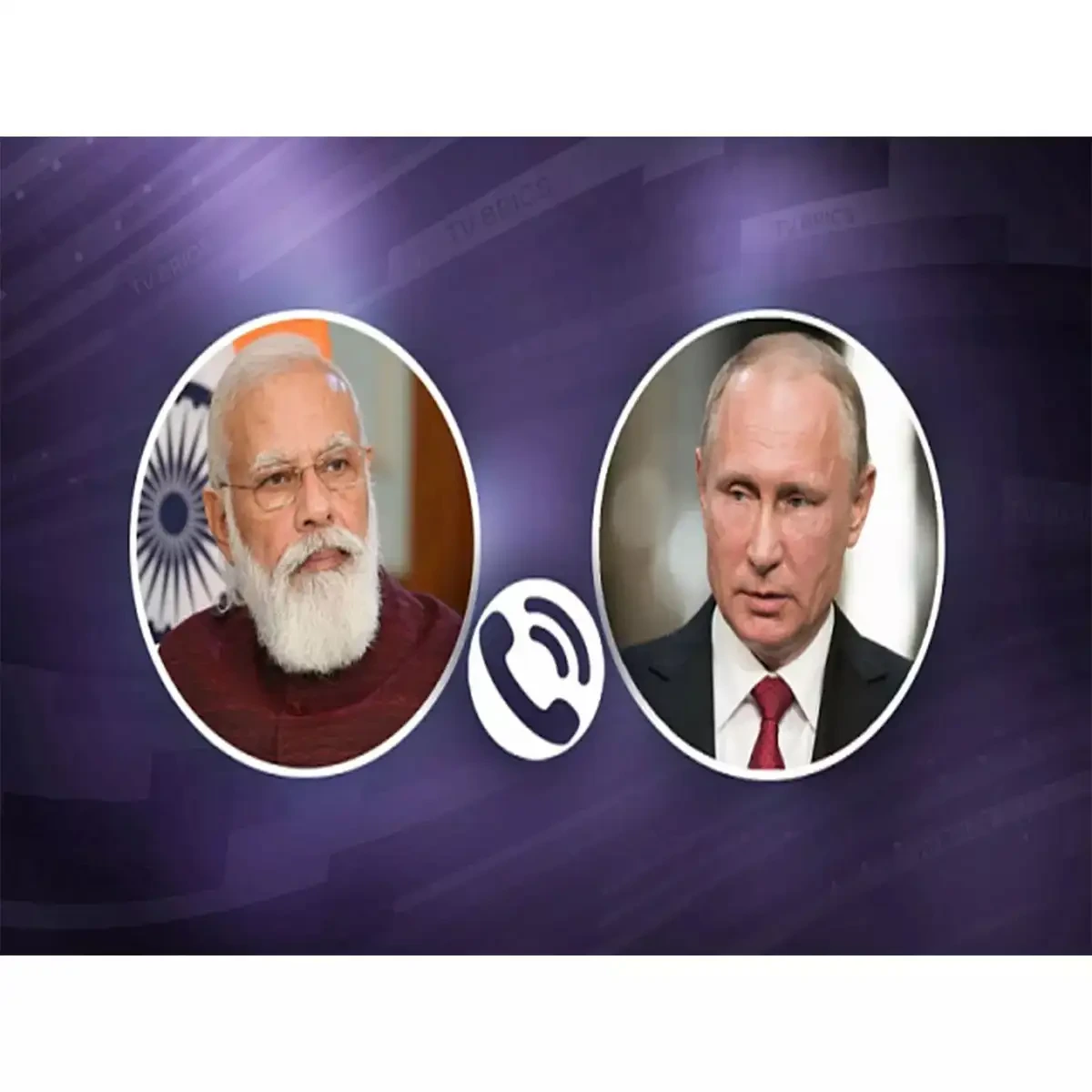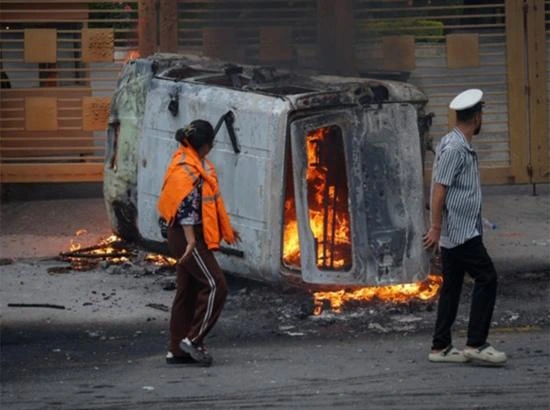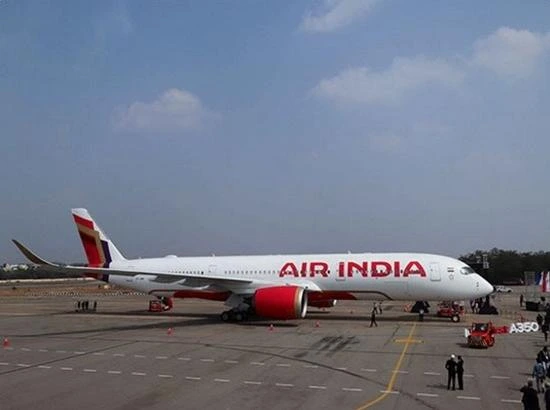23-Jan-2025, 12:51 PM
The ongoing negotiations between the Pakistani government and the Pakistan Tehreek-e-Insaf (PTI) party remain complex and tense. As of January 2025, the talks have progressed through multiple rounds, but significant challenges persist.
The negotiation process has been marked by mutual accusations and communication difficulties. The government and PTI have been locked in a war of words, with each side claiming the other lacks seriousness about resolving political tensions. Key points of contention include:
PTI’s demand to meet with imprisoned party founder Imran Khan
The government’s reluctance to formalize talks in writing
Unresolved grievances from past protests, including the May 9 and November 26 incidents
The PTI has been pushing for a comprehensive resolution, with party negotiators hoping to reach a “logical conclusion” by January 31, 20253. Imran Khan has directed the party to continue negotiations while maintaining a firm stance against making compromises.
Government representatives, including Defence Minister Khawaja Asif, have expressed frustration with the PTI’s negotiation approach. Asif noted that the party has been reluctant to provide written demands and tends to use meetings for political grandstanding2. The National Assembly Speaker, Ayaz Sadiq, has also highlighted communication challenges, stating that neither side has definitively approached him about the next round of talks.
The political landscape reflects deeper systemic issues. Analysts suggest these negotiations represent a critical opportunity to rebuild political dialogue after years of contraction and limited political engagement4. The talks are seen as a potential turning point for Pakistan’s democratic process, with hopes of reducing the influence of non-democratic forces and restoring meaningful political discourse.
However, the path forward remains uncertain. Deep-seated mistrust between the government and PTI continues to impede meaningful progress. Political experts recommend a cautious, methodical approach that prioritizes resolving immediate grievances before addressing broader electoral reforms.
As the negotiations continue, both sides appear to recognize the importance of finding a resolution, though their approaches and expectations remain significantly misaligned.





